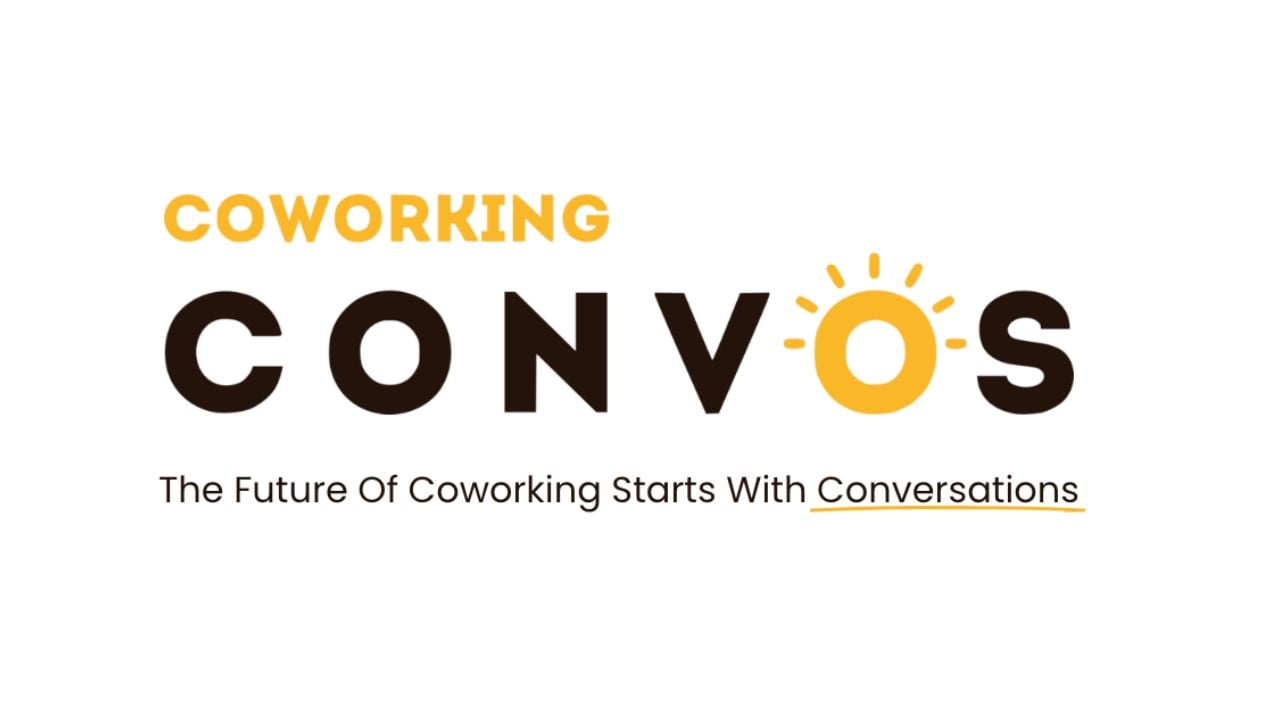- In a desperate bid to manage the shifting sands of hybrid work, some employers have turned to surveillance. High-profile companies like JPMorgan, Barclays Bank, and UnitedHealth Group have been reported to track everything from employees’ sent emails to their keyboard strokes.
- Evidence is mounting that such Big Brother tactics may not only be ineffective but could also be downright detrimental to productivity and morale.
- True productivity is about results, and these are more likely to be achieved when employees feel trusted and valued, rather than policed and scrutinized.
In the brave new world of hybrid work, where the lines between office and home are blurred, employers are navigating uncharted waters. Some have resorted to a draconian approach, implementing surveillance measures to monitor their employees’ productivity. Yet, evidence is mounting that such Big Brother tactics may not only be ineffective but could also be downright detrimental to productivity and morale.
The Surveillance Backlash
According to a recent Glassdoor survey of 2,300 U.S. professionals, 41% report feeling less productive when they know their bosses are monitoring their work devices. This sentiment is particularly strong among workers in finance and tech sectors, who report that surveillance negatively impacts their work output. Meanwhile, 36% of workers are unsure whether their activities are being monitored.
In a desperate bid to manage the shifting sands of hybrid work, some employers have turned to surveillance. High-profile companies like JPMorgan, Barclays Bank, and UnitedHealth Group have been reported to track everything from employees’ sent emails to their keyboard strokes. This trend stems from an insidious “productivity paranoia.” As offices in major U.S. cities remain half-empty, employers seem to be succumbing to the fear that remote work equals reduced productivity.
Yet, surveillance is a knee-jerk reaction, not a thoughtful solution. While 96% of remote-first employers have admitted to monitoring their employees in some way, according to a ResumeBuilder survey, the primary reason given is to increase productivity. However, the data tells a different story.
Despite employers’ claims, the Glassdoor survey and other research suggest that surveillance is not boosting productivity. Rather, it’s exacerbating stress, eroding trust, and hampering performance. It’s akin to buying a racehorse and then hobbling it with fetters; the result is a workforce that’s hindered, not helped.
Are Workers More Moral When Monitored?
Further insights into the counter productivity of employee surveillance can be gleaned from a recent study published in the Harvard Business Review. This study surveyed over 100 U.S. employees, some of whom were subjected to workplace monitoring and some of whom were not. The findings were quite striking: those monitored were substantially more likely to engage in various rule-breaking behaviors, such as taking unapproved breaks, disregarding instructions, damaging workplace property, and even stealing office equipment.
To determine causation, the researchers conducted a second experimental study, where they told half of 200 U.S.-based employees that they were under electronic surveillance while performing a series of tasks. This group was given an opportunity to cheat. Astonishingly, those who believed they were being monitored were more likely to cheat than those who thought they were not.
This effect is akin to an employee being handed a speed limit sign and then slamming their foot on the accelerator. It’s a paradoxical response, but it underscores a profound misalignment between the intended and actual effects of surveillance.
So, what’s driving this paradoxical behavior? The study suggests that surveillance can undermine employees’ sense of moral agency. That is, monitored employees are more likely to feel that the authority figure overseeing their surveillance is responsible for their behavior. This reduction in agency makes the monitored employees more likely to act contrary to their own moral standards, leading them to engage in behavior they would otherwise consider immoral.
The findings highlight the crucial role of an internal moral compass in driving proper conduct. While some situations require an external response to misconduct, many workplace contexts depend on employees’ sense of morality. When surveillance impairs this moral compass, the results can be counterproductive and damaging.
The Value of Autonomy and Trust
This study’s revelations underscore the importance of fostering a work environment that values autonomy and trust over surveillance and control. By acknowledging employees’ moral agency and treating them as responsible adults, employers can cultivate a workplace culture that encourages ethical behavior and discourages misconduct.
In the hybrid work era, the challenge for leaders is to strike the right balance between oversight and autonomy. As these studies suggest, leaning too heavily on surveillance can lead to a host of unintended consequences. Instead, fostering trust, mutual respect, and a sense of personal responsibility may be the key to unlocking the full potential of the hybrid workforce.
Perhaps the most critical flaw in the surveillance approach is the false equivalency between presence (whether physical or digital) and productivity. In reality, the quality of work is not determined by the number of keystrokes or hours logged into a system. True productivity is about results, and these are more likely to be achieved when employees feel trusted and valued, rather than policed and scrutinized.
In the hybrid work era, employers need to shift their mindset. Rather than focusing on surveillance, they should aim to cultivate a culture of trust, mutual respect, and autonomy. To achieve this, leaders can employ a variety of strategies, such as setting clear expectations, providing regular feedback, and encouraging open communication. In this environment, employees are likely to feel more engaged, motivated, and, ultimately, productive. That’s what I tell my clients when helping them figure out how to measure and manage performance in a hybrid work model.
The Future of Hybrid Work
The future of hybrid work should not be a dystopian landscape of constant surveillance and eroded trust. Instead, we need to foster environments where individuals are empowered and trusted to perform their best. The hybrid model offers an opportunity to reshape traditional work norms and practices. Let’s seize it to build better, more trusting workplaces, rather than succumbing to productivity paranoia and surveillance overkill.
In the end, the choice is clear. We can either stumble into a future of fear-driven surveillance or stride confidently into a new era of trust, autonomy, and human-centric work practices. The success of our hybrid work endeavors hinges on this critical decision.

 Dr. Gleb Tsipursky – The Office Whisperer
Dr. Gleb Tsipursky – The Office Whisperer Cat Johnson – Coworking Marketing Maven
Cat Johnson – Coworking Marketing Maven Angela Howard – Culture Expert
Angela Howard – Culture Expert Drew Jones – Design & Innovation
Drew Jones – Design & Innovation Andrea Pirrotti-Dranchak – Competitive Advantage
Andrea Pirrotti-Dranchak – Competitive Advantage Jonathan Price – CRE & Flex Expert
Jonathan Price – CRE & Flex Expert Jeremy Fennema – Tech Innovation Alchemist
Jeremy Fennema – Tech Innovation Alchemist











